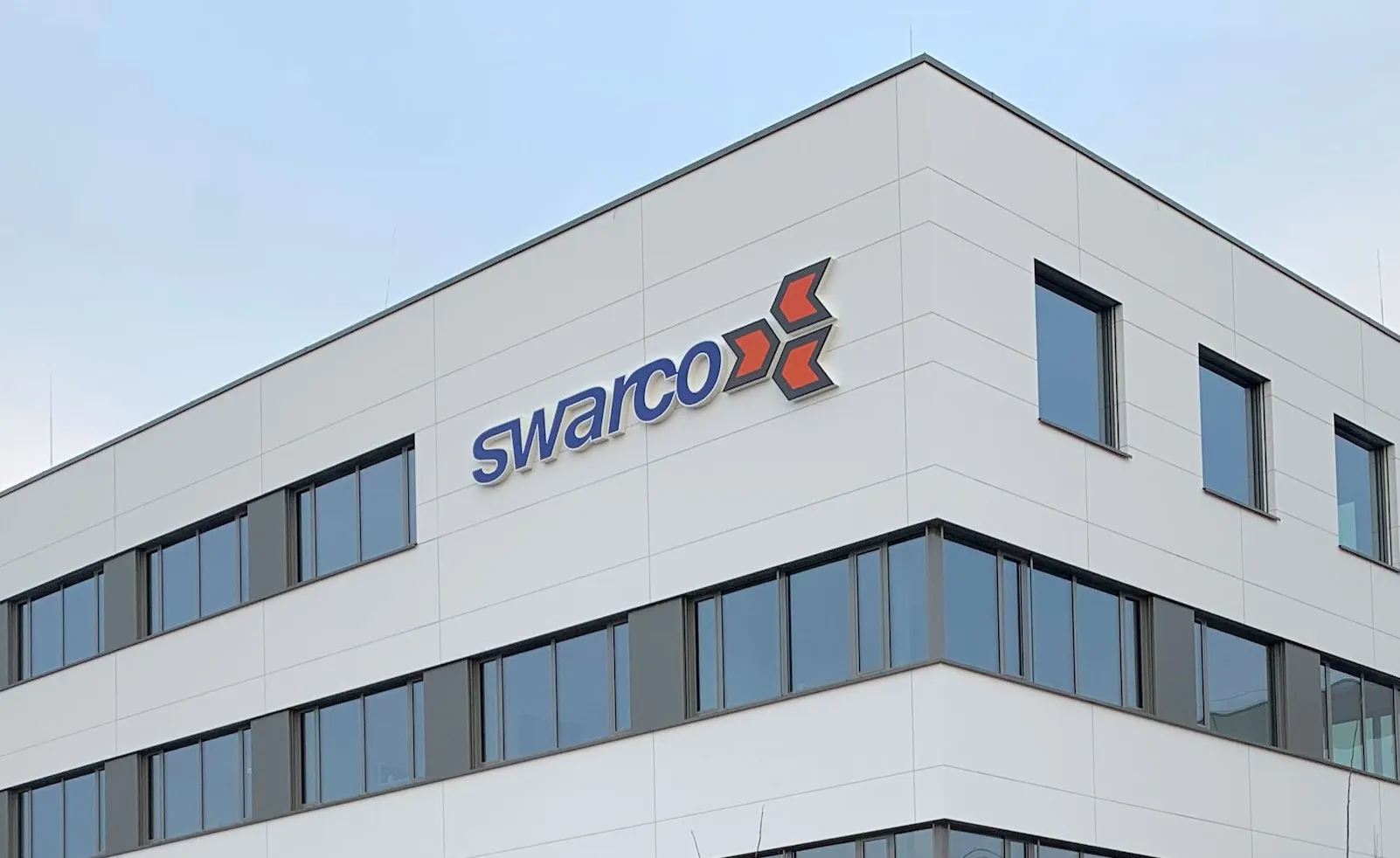Egis has acquired 51 per cent of Projacs, the leading project and construction management firm in the Middle East, in a strategic partnership to develop new opportunities in the territory.
Founded in 1984, Projacs offers a wide and integrated range of project management services mainly relating to building projects. The firm is firmly established in the Gulf Cooperation Council (GCC) countries (Saudi Arabia, Bahrain, Oman, Qatar, United Arab Emirates and Kuwait) and also operates in neighbouring countrie
July 31, 2015
Read time: 2 mins
Founded in 1984, Projacs offers a wide and integrated range of project management services mainly relating to building projects. The firm is firmly established in the Gulf Cooperation Council (GCC) countries (Saudi Arabia, Bahrain, Oman, Qatar, United Arab Emirates and Kuwait) and also operates in neighbouring countries.
With over US$2500 billion-worth of projects under planning, bidding or execution across the MENA region, both Egis and Projacs see significant opportunities for partnership and have over the past few months began sharing resources and capabilities as well as developing joint approaches for business development.
Egis has been present in the Middle East for several years and holds the view that the region is a high-potential global market in a large number of fields such as infrastructure, buildings, water, energy and urban development. Seven per cent of its 2014 turnover was generated in the Middle East.
“We are proud of Egis’ ongoing successes in the Middle East and are confident about our outlook in this promising region. To cement our commitment and build a sustainable business cluster, we thought critical to partner up with an established player in the Middle East. The integration of Projacs within Egis will allow the group to round out its project management expertise in the Middle East region and reinforce its position on projects in the fields of buildings and urban development” commented Nicolas Jachiet, chairman and CEO of Egis.
“With 20 offices across the MENA region, Projacs has an unparalleled coverage of the region and an unmatched track record in project and construction management services, particularly in relation to buildings in the Middle East. We expect this strategic partnership to be highly beneficial to both firms as we each leverage on the complementary strengths and capabilities of the other” commented Dr Nabil Al-Qaddumi, founder and chairman of Projacs.









